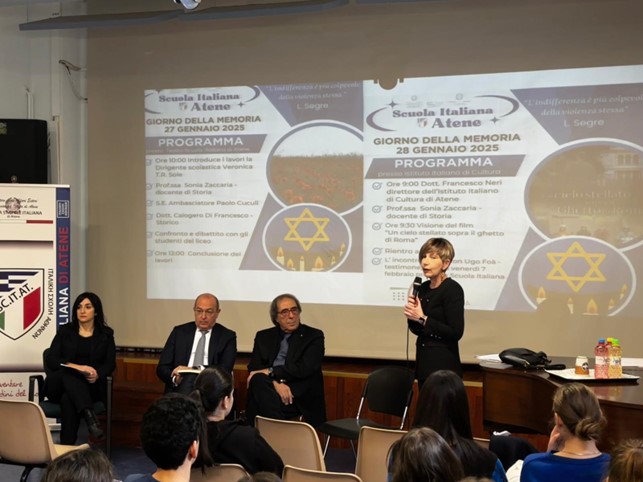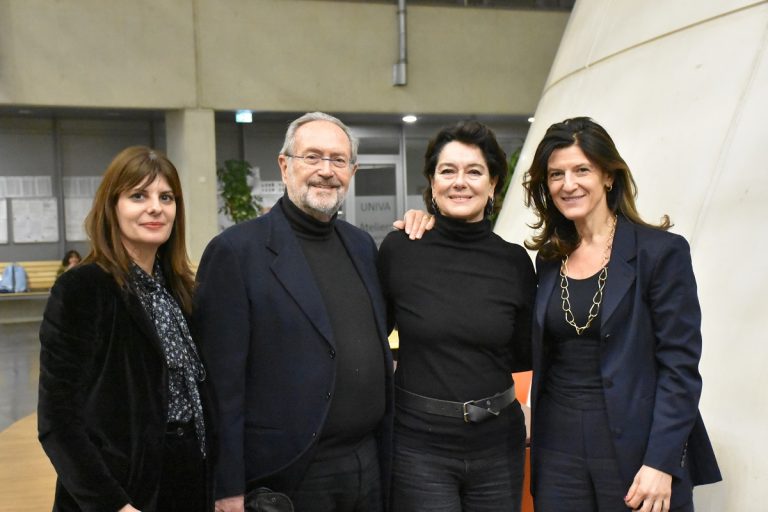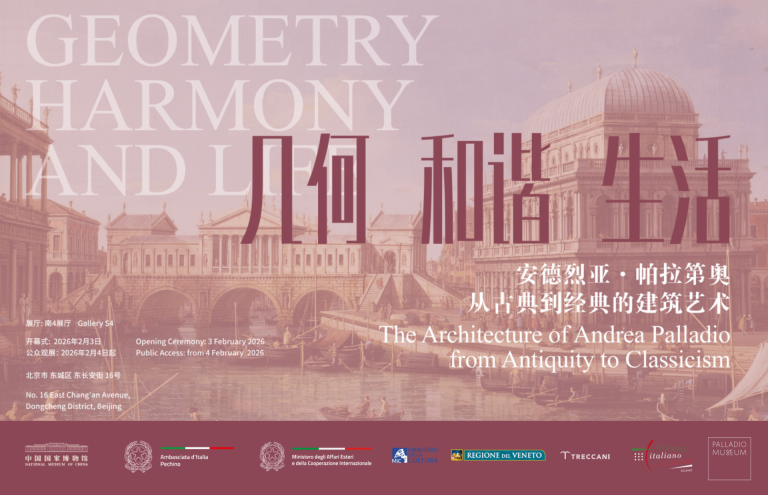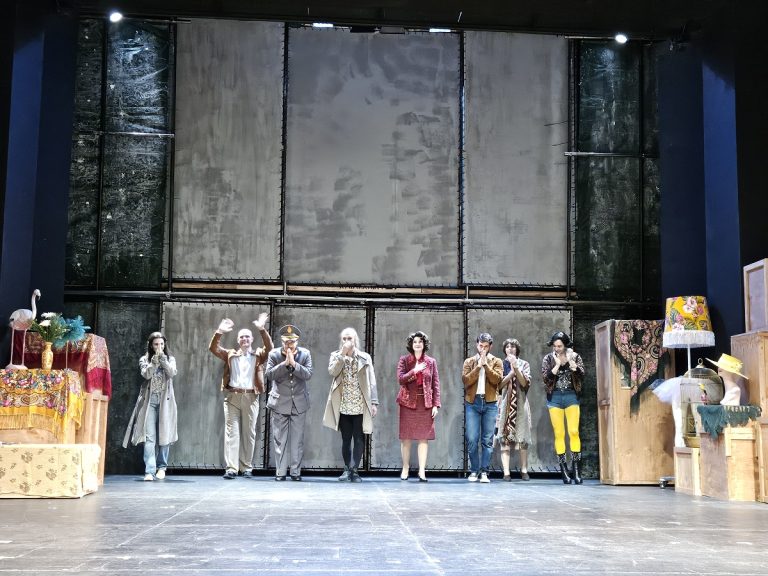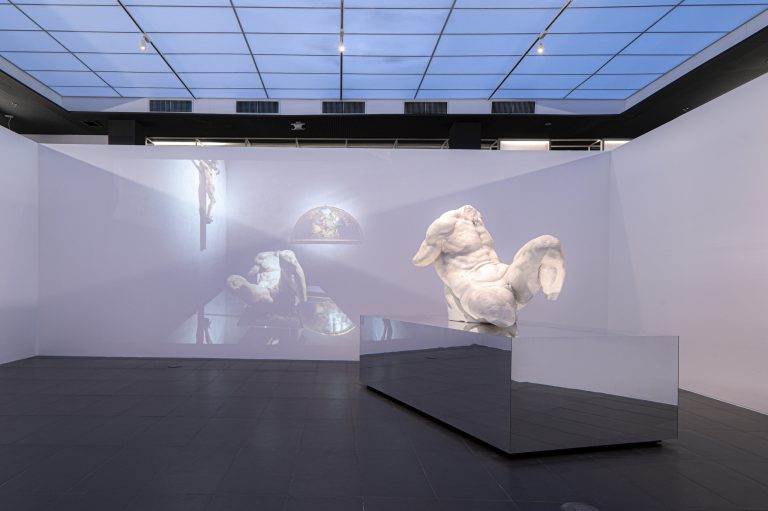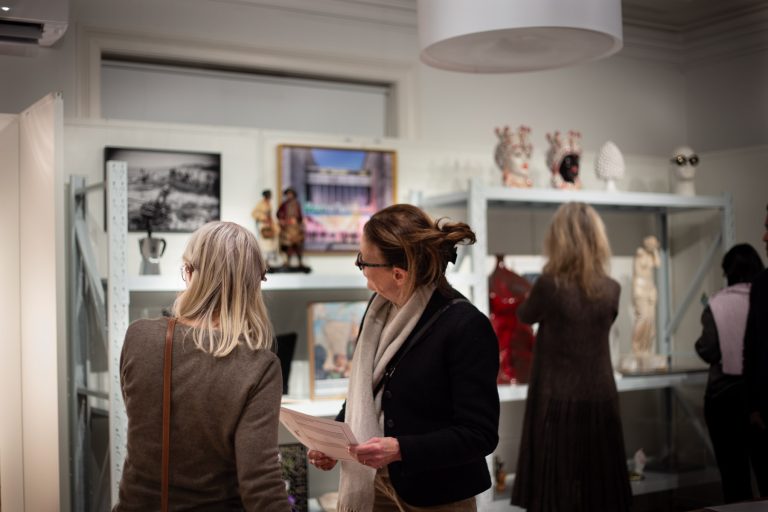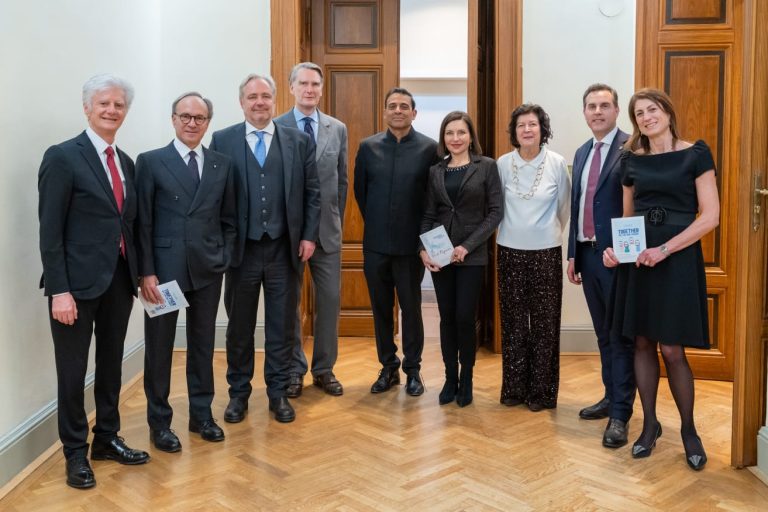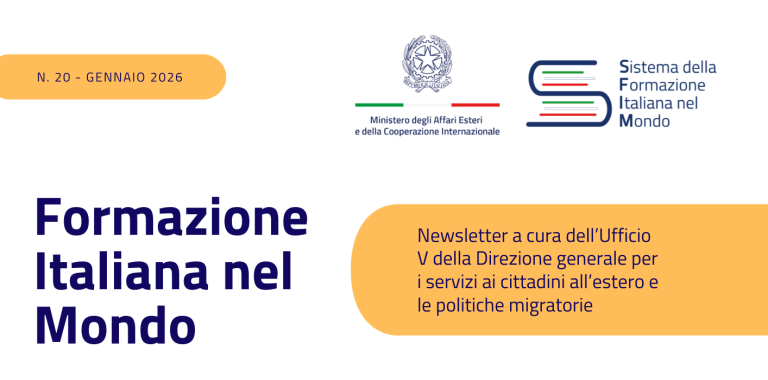The SFIM – Sistema Italiano della Formazione nel Mondo (Italian Education System in the World) celebrated the Holocaust Remembrance Day by organising initiatives and activities aimed at students attending Italian schools abroad, a crucial opportunity to pass down to the new generations the importance of remembering the atrocities and victims of the Nazi Shoah on the 80th anniversary of 27 January 1945 when the Auschwitz concentration camp was liberated.
The Comprehensive Italian State School of Athens organised, in collaboration with the Italian Cultural Institute and Embassy, the event ‘Semita antisemita due prefetti nell’Italia fascista’ (Semitic anti-Semitic two prefects in Fascist Italy) addressing the issue of racial laws, and, in particular, the human, political and administrative vicissitudes of two prefects of Fascist Italy, both of whom were affected, albeit in different ways, by the racial laws of 1938 – one for having been, despite himself, a proponent of them, the other as a Jew ‘of religion and race’. The two-day event was attended by the Ambassador of Italy to Greece Paolo Cuculi, professor Sonia Zaccaria and historian Gero Difrancesco.
The Italian State School of Paris organised a screening of the documentary ‘1938 – Diversi’ by Giorgio Treves, which again deals with the introduction and consequences of the racial laws passed in Italy by the Fascist regime in 1938.
The students attending the Italian State School of Madrid, as part of the project ‘La Memoria: per Non Dimenticare’, analysed the works of writer and Holocaust survivor Primo Levi and the films ‘Life is Beautiful’ by Roberto Benigni, ‘The Boy in the Striped Pajamas’ by Mark Herman and ‘The Pianist’ by Roman Polanski, using special narrative techniques to create an emotional and reflective journey.
Lastly, the activities of the Italian State School ‘Casa d’Italia’ of Zurich involved reading and analysing the children’s book ‘Otto. The Autobiography of a Teddy Bear’ by Tomi Ungerer as well as articles of the Italian Constitution that deal with some of the most relevant rights and guarantees enshrined in the fundamental law of the Italian State such as equality (Art. 3), freedom of worship (Art. 8, 19, 20), freedom of expression (Art. 21), as well as Art. 34, the foundation of the Italian education system.

